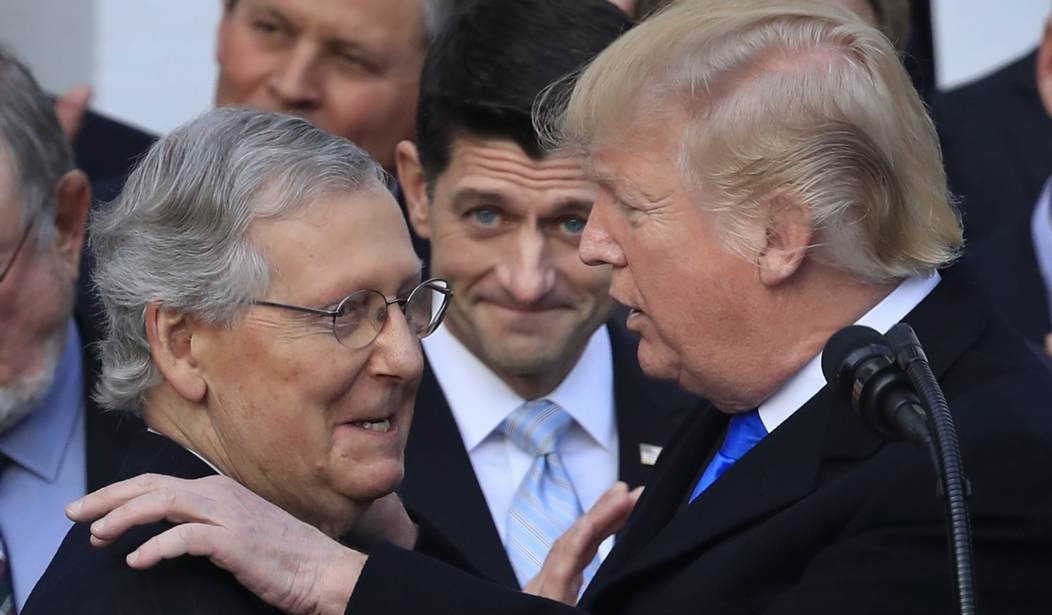It’s August, which means it’s playtime for senators. The summer recess is upon us and members from both parties are anxious to leave town to be with their families, their mistresses, and, dare I say, their boyfriends.
The idea behind a summer recess came in the days before air conditioning. Washington, D.C., is located in a swamp — literally. It used to be that sitting in session during the month of August was unhealthy for many members. It wasn’t just the oppressive heat. It was the sky-high humidity that made breathing seem like one was underwater.
Former Senate Majority Leader Howard Baker used to blame the explosion in government spending on the arrival of air-conditioned House and Senate chambers, allowing members to meet even in Washington’s stifling heat. He may have had a point; Congress can’t spend taxpayer money if they’re not in town.
Given the budget that will likely be voted on before the Senate flees the city for more hospitable climes, they should have left early this year.
McConnell said he was still discussing the timing of final votes on the budget bill with Minority Leader Charles E. Schumer. But as currently structured, the tentative deal would unfold first with an amendment from Kentucky Republican Rand Paul to set lower spending caps for the next decade, with a 60-vote threshold. The amendment is unlikely to be adopted.
“Lower spending caps”? Perish the thought. Senator Paul will be lucky to get 20 votes out of this crew of congressional bandits.
What will our senators be voting on? Budget Armageddon:
The bipartisan budget compromise would suspend the debt ceiling through July 31, 2021, and raise spending caps by $324 billion over the next two fiscal years above the austere cap levels imposed under a 2011 deficit reduction law.
Senate passage and Trump’s expected signature on the bill would allow the fiscal 2020 appropriations process to move forward in that chamber, and remove the threat of default on U.S. financial obligations later by early September.
The 2011 budget deal that set strict limits on spending with the threat of automatic cuts if Congress failed to enact them is dead, never to rise again. It wasn’t perfect by any measure, but it was gradually lowering the percentage of federal spending in relation to GDP. Given Obama’s eagerness to spend money we didn’t have, it was a sound policy move.
But today’s Republicans in Congress are no better, and hypocrites to boot. I suspect that there will be few questions directed to members at local town halls on the trillion-dollar deficits Trump is running up — deficits Republicans are voting for on Wednesday that stretch out as far as the eye can see in the future.
The brakes are off and that $3.25 billion in extra spending over the next two years is just the beginning.










Join the conversation as a VIP Member